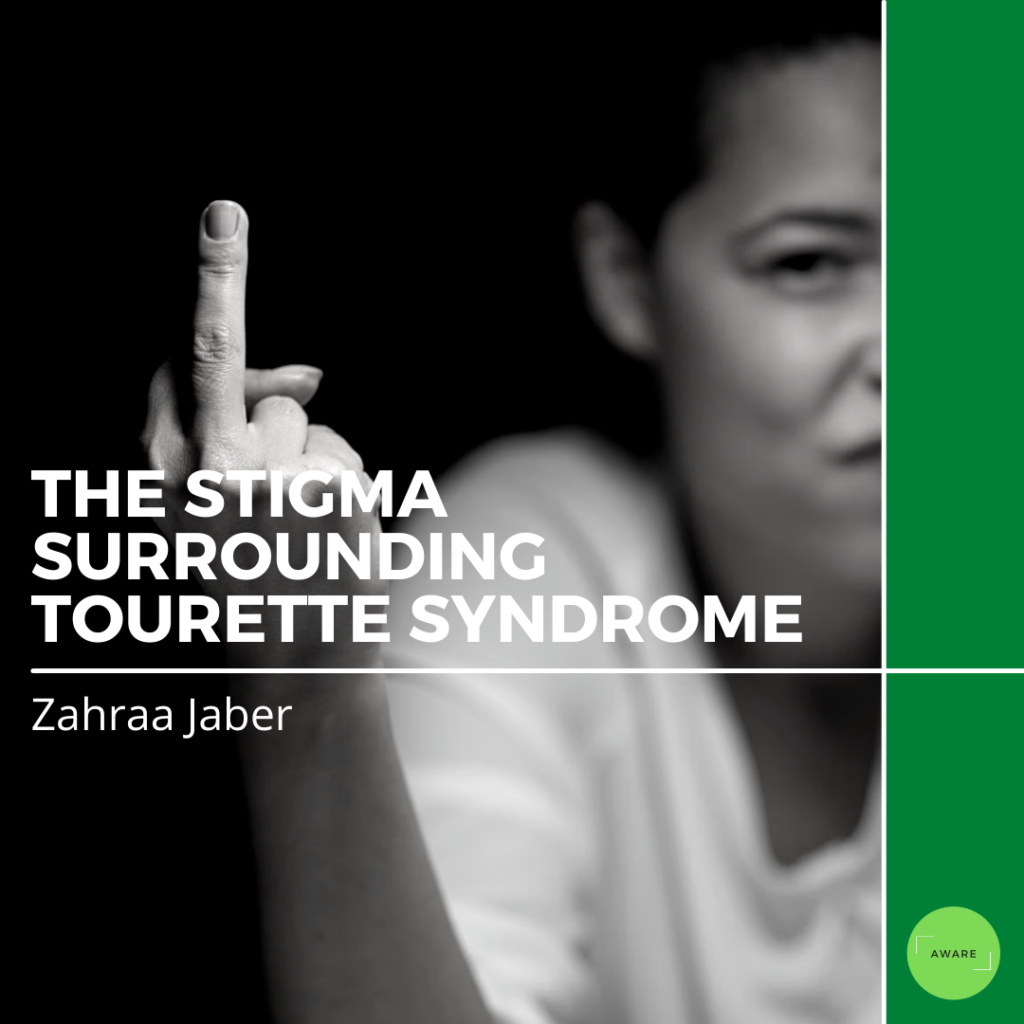Beside the hurdles children and adolescents with Tourette Syndrome endure because of the manifestation of tics, narrative testimonies of youth with Tourette Syndrome provide extensive accounts of stigmatization, harassment, bullying, and teasing.
What is Tourette Syndrome?
Tourette Syndrome (TS) is a condition of the nervous system that causes people to have “tics”. Tics are sudden twitches, movements, or sounds that people do repeatedly. People who have tics cannot stop their body from doing these things. For example, a person might keep blinking over and over, or a person might make a grunting sound unwillingly. Having tics is a little bit like having hiccups. Even though you might not want to hiccup, your body does it anyway. Sometimes people can stop themselves from doing a certain tic for a while, but it is hard. Eventually, the person has to do the tic. There are two types of tics – motor and vocal. Motor tics are movements of the body, some of which include blinking, shrugging the shoulders, or jerking an arm. Vocal tics are sounds that a person makes with his or her voice, some of which include humming, clearing the throat, or yelling out a word or phrase.
The Stigma
Tourette is just one of many neurological conditions with visible symptoms that can make strangers uncomfortable, afraid, or react inappropriately. Dealing with those negative reactions can be upsetting for the recipients and can even exacerbate certain symptoms. “If you come see me as an adult patient and you have frequent and noticeable motor and/or vocal tics, I know you have probably been the victim of a fair amount of stigma,” says James Frederick Leckman, MD, a professor of pediatrics at the Yale School of Medicine. Being repeatedly singled out and mimicked can even cause a form of post-traumatic stress disorder, he says. He has known patients to report flashbacks and nightmares. Some avoid places where they experienced painful teasing, while others remain wary and watchful and have trouble concentrating.
Overcoming the Stigma
Now, more than ever, we need to band together and speak out, educate, and inspire others to be more open-minded and break free of the stigmas that surround this disorder. It is time to get rid of the stereotypes and to stop using Tourette as an excuse, slur, or punchline. It is time to recognize that Tourette Syndrome is a medical condition – a neurodevelopmental disorder – and that underneath the uncontrollable symptoms are children and adults – human beings with hopes, dreams, and feelings.
Tourette Syndrome appears to be associated with significant stigmatization and poor self-perception in a significant number of cases with negative repercussions. Bullying and victimization are also commonly reported by patients with TS. Further research is needed to better characterize the complex relationship between Tourette Syndrome, poor self-perception, and stigma – as no unified causative factor has been identified to date.
